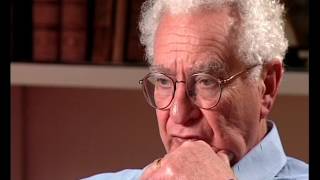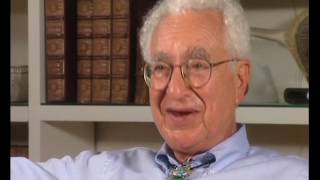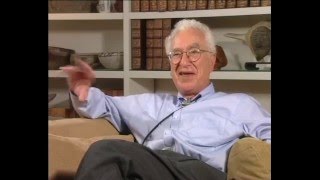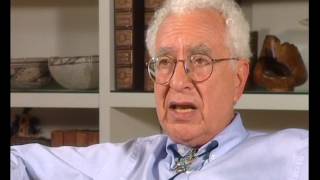Monday, 12 January, 2026г.
















Где искать: по сайтам Запорожской области, статьи, видео ролики
пример: покупка автомобиля в Запорожье
Murray Gell-Mann - 'The Last Stand of the Universal Fermi Interaction' (78/200)
To listen to more of Murray Gell-Mann’s stories, go to the playlist: https://www.youtube.com/playlist?list=PLVV0r6CmEsFxKFx-0lsQDs6oLP3SZ9BlA
New York-born physicist Murray Gell-Mann (1929-2019) was a theoretical physicist. His considerable contributions to physics include the theory of quantum chromodynamics. He was awarded the 1969 Nobel Prize in Physics for his work on the theory of elementary particles. [Listener: Geoffrey West]
TRANSCRIPT: Art Rosenfeld and I started to write an article for the Annual Reviews of Nuclear Science [sic] on elementary particle physics–including the weak interaction–and in the course of writing that article we began to wonder whether the scalar and tensor assignment was really correct, whether it might not be vector and axial vector. In which case you could really have a real universal Fermi interaction compatible… Fermi interaction compatible with a intermediate boson and so on, instead of this messy scalar and tensor thing… stuff. Well, we ran into George Sudarshan and Bob Marshak, and George had been looking at this as a student of Marshak. And he had concluded that the experimental evidence was suspect, that there were actually flaws in the experiments. We had a summit meeting at Rand, the Rand Corporation–I don't know, remember why it was at the Rand Corporation but that's where it was–with Marshak and Sudarshan and Rosenfeld and me, and I think Felix Boehm, the experimentalist from Caltech. And we talked about the whole set of issues, and we concluded that this idea was… was a good one. Now, in the meantime Rosenfeld and I had written it up in our article, we called it 'The Last Stand of the Universal Fermi Interaction'. We calculated all the numbers, we showed that they came out very good, the coupling constants all came out very closely equal and there was really no reason why this couldn't be true if only we could get over these experiments that allegedly pointed to S and T, and allegedly pointed to this electron spinning in a particular way. So we put it in there as 'The Last Stand of the Universal Fermi Interaction', we explained which experiments would have to be wrong, and so on. And I took it fairly seriously. I didn't mind publishing an idea in this vague form and besides, I knew that Sudarshan and Marshak had done a lot of the work and they were going to write it up.
Теги:
Murray Gell-Mann Web of Stories The Last Stand of the Universal Fermi Interaction theoretical physics Nobel Prize Caltech yt:stretch=4:3
Похожие видео
Мой аккаунт


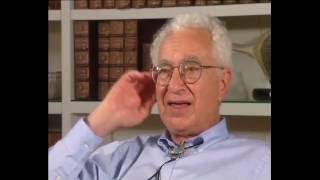 У вашего броузера проблема в совместимости с HTML5
У вашего броузера проблема в совместимости с HTML5